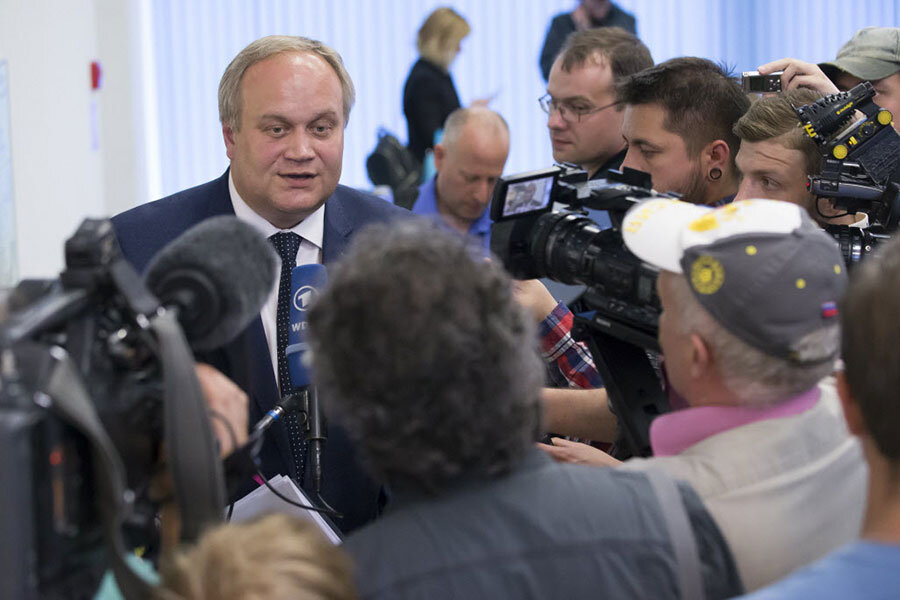Russia denies government involving in doping, blaming rogue athletes
Loading...
Russia has a "problem" with doping and is "very sorry" that its cheating athletes were not caught sooner, the country's sports minister said.
Russia, a track and field powerhouse, was suspended by the IAAF in November following a WADA panel report that found state-sponsored cheating.
"Serious mistakes have been made by the federation management, along with athletes and coaches who have broken anti-doping rules and neglected the principle of fair play," said Vitaly Mutko, writing in British newspaper The Sunday Times. "Let us be clear. We are ashamed of them."
"We are very sorry that athletes who tried to deceive us, and the world, were not caught sooner. We are very sorry because Russia is committed to upholding the highest standards in sport and is opposed to anything that threatens the Olympic values."
Mutko did not, however, admit any involvement in doping by the Russian government, a central charge in both November's WADA report and recent allegations that test samples were switched at the Sochi Olympics.
Russia will discover on June 17 whether its athletics federation has met the reform criteria to return to competition in time for the Rio de Janeiro Olympics.
"We do not deny having a problem in Russia, and we are doing everything possible at state level to eradicate doping, including punishing athletes and coaches," Mutko wrote.
"We have done everything that has been asked of us by the IAAF in order to be reinstated," Mutko added. "It would be unjust to demand all these changes and measures, witness them happen, and then still punish Russia's athletes."
Setting out Russia's anti-doping reform agenda, Mutko said aspiring Olympians will undergo three anti-doping controls carried out by the IAAF, as well as any additional testing in qualifying competitions, and that its anti-doping agency in Moscow is being supervised by two "international experts" appointed by WADA last month.
"We will do everything humanly possible to ensure our athletes are a part of clean, fair and enthralling Games," he said.
Mutko's contrition contrasts with his combative attitude in recent remarks for a Russian audience.
Speaking last week to state news agency R-Sport, Mutko said that Vitaly Stepanov, a former anti-doping officer and key whistleblower whose evidence featured in the WADA report, "was chased out of (Russia) like a scoundrel" and suggested he was part of a plot to smear Russia's reputation.
Stepanov says he and his wife left Russia because they feared for their safety after disclosing details of performance-enhancing drug use and subsequent cover-ups.
Russia was plunged into another doping scandal this week, when the former head of Moscow's anti-doping lab, Grigory Rodchenkov, detailed in The New York Times how Russia operated a state-sponsored scheme during the Winter Olympics in Sochi in 2014 that included exchanging bottles of tainted urine samples for clean ones through a concealed hole in the wall of the Sochi lab. The doping program reportedly involved at least 15 Russian medal winners.
Russian officials have denied the allegations and threatened to sue the newspaper. The World Anti-Doping Agency will investigate.







